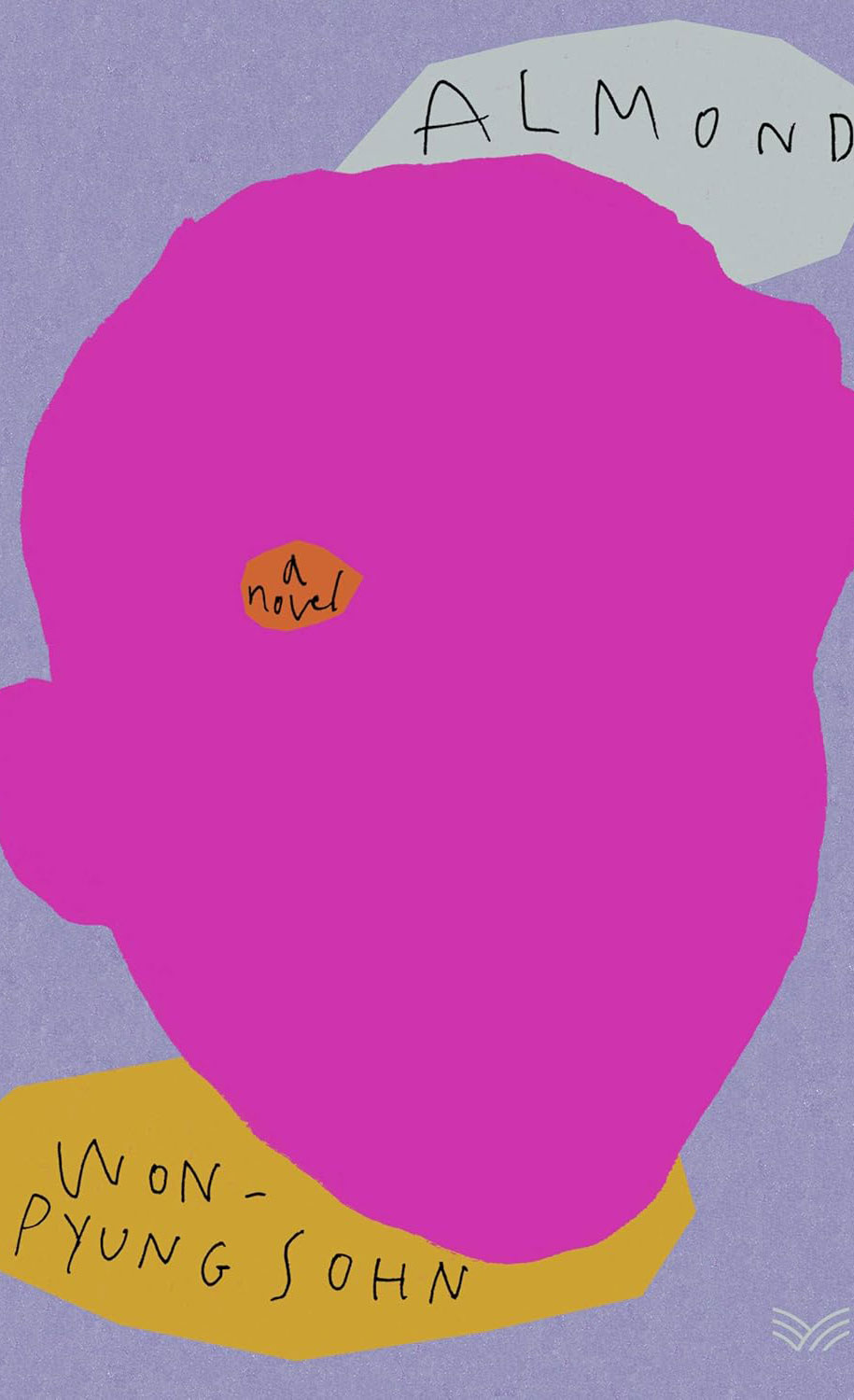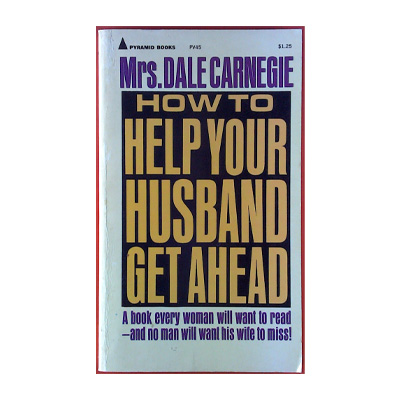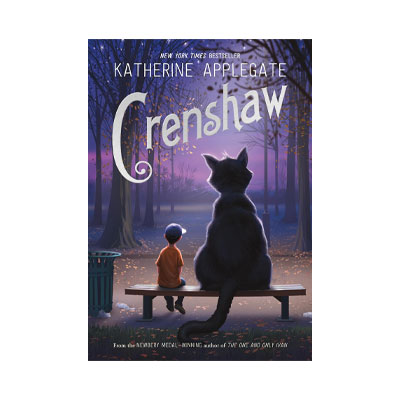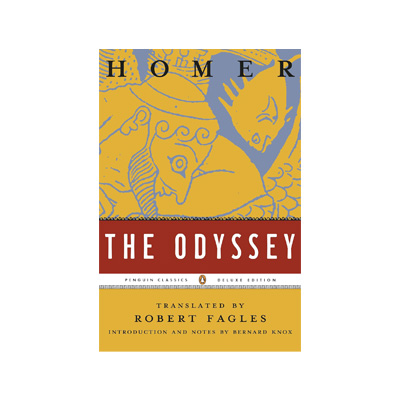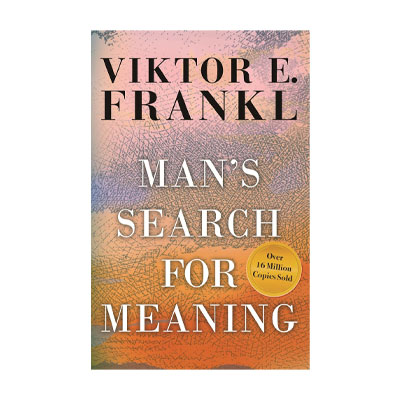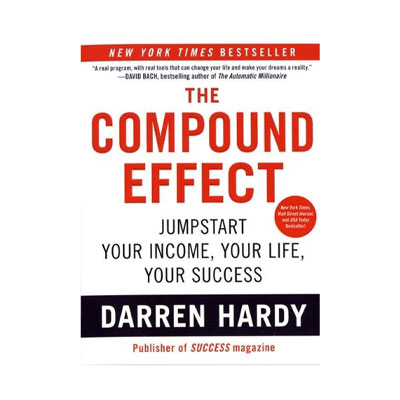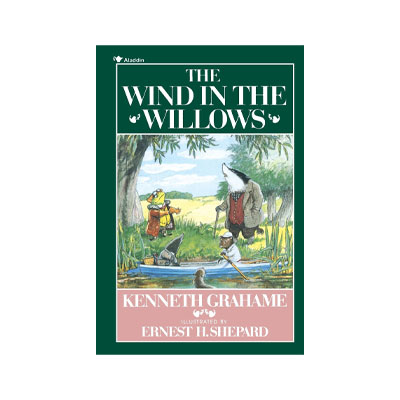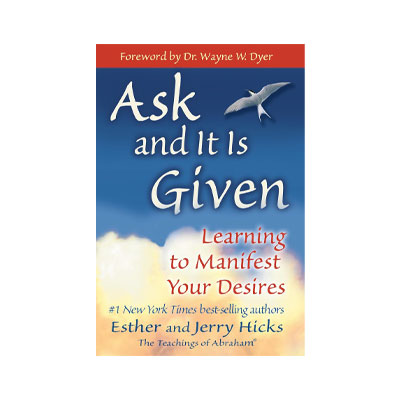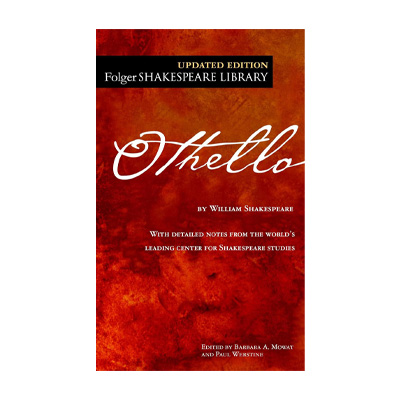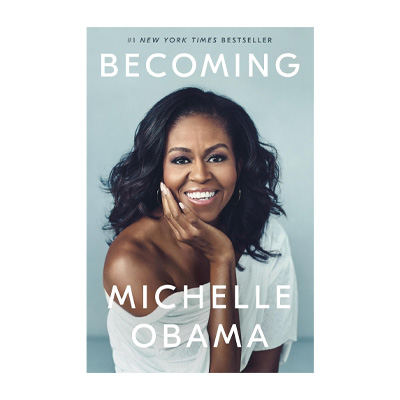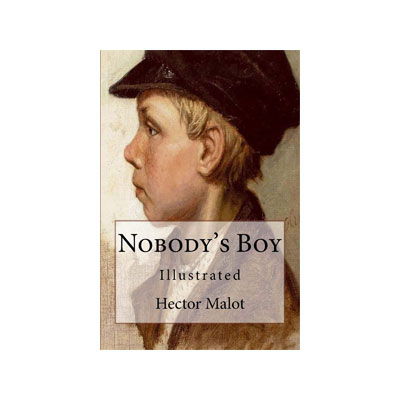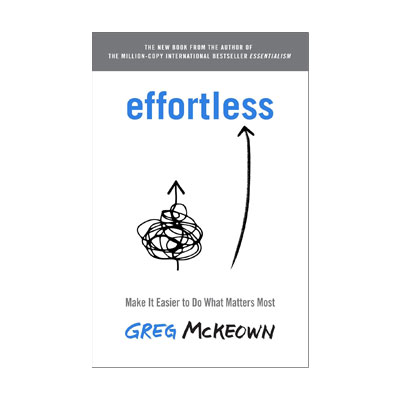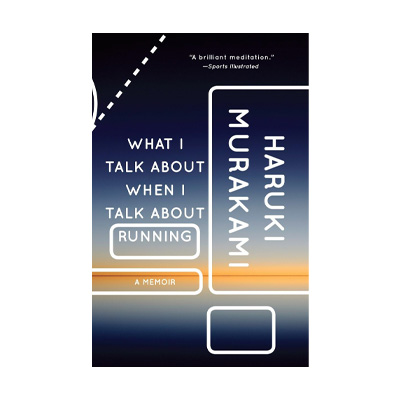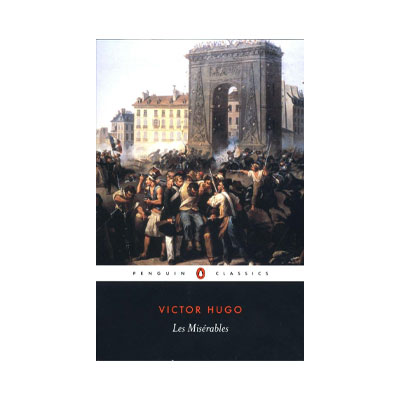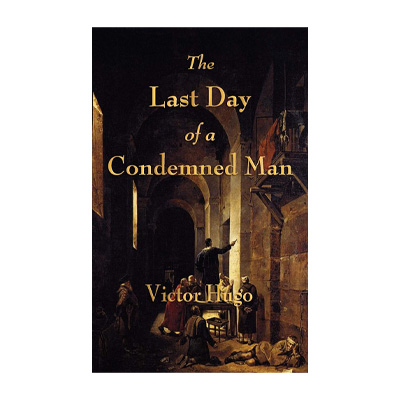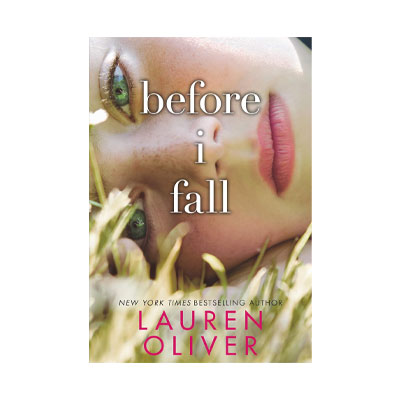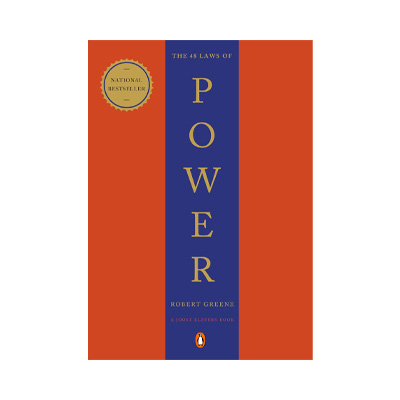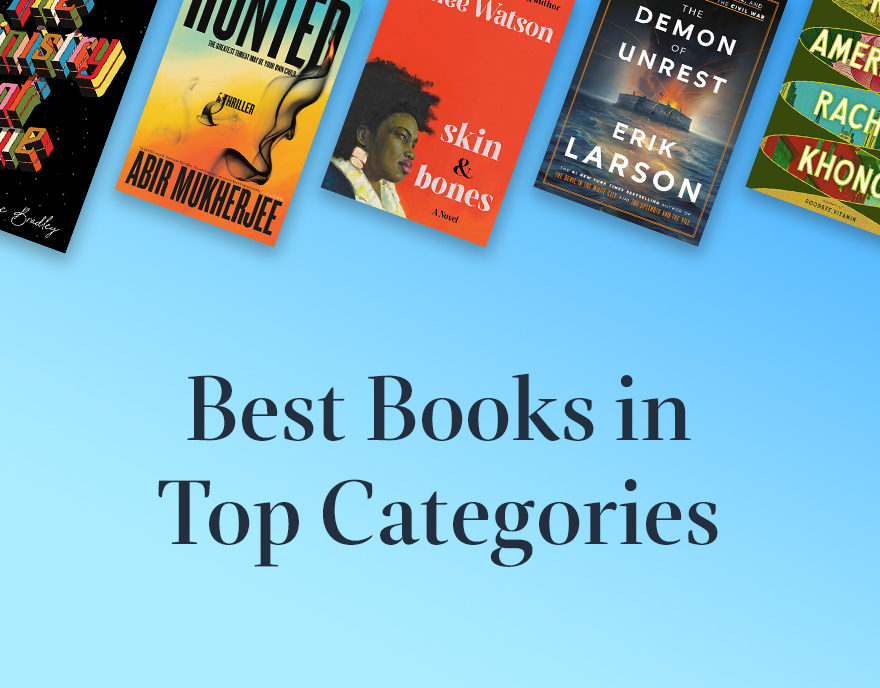Book Summary
"Almond" is a novel from South Korea, written by Won Pyung Sohn, that beautifully narrates the life of a character with a brain disorder. The main character, Yunjae, suffers from a condition called alexithymia, which makes it difficult for him to express emotions such as fear or anger, preventing him from forming friendships. His mother and grandmother, who show immense dedication to him, do their best to create a suitable environment for him in a small house located above his mother's bookstore.
They use colorful notes to decorate the home, helping Yunjae understand when and what kinds of emotions he should express and what phrases he should say. The story unfolds in this manner until the night of Yunjae's sixteenth birthday, which coincides with Christmas Eve, when his condition worsens, leading him to retreat further into isolation. At the same time, a teenager named Gon arrives at the school where Yunjae studies, and an interesting and close relationship develops between them.
Meeting Gon and the other events that Yunjae faces prompt him to start opening up his life to his classmates, and he gradually begins to notice changes within himself. The boy in the story, now reaching adolescence, discovers feelings such as love within himself. When Gon's life is put in danger, Yunjae finds an opportunity to break free from his isolation and become the hero he never imagined he could be.
The fluid prose and coherence of the narrative relieve the reader’s fatigue and deeply convey concepts such as bitterness and sweetness, difficulty and ease, ugliness and beauty through various moments. Another reason for the popularity of this work in Korea and other countries is its endorsement by the music group BTS, who recommended it to their fans, prompting many people around the world to choose and purchase it for reading.
About the Author
Won Pyung Sohn is a South Korean author born in 1979 who has created numerous novels, among which "Almond" and "Counterattack at thirty" have won two literary awards. In her writings, she considers the existence and growth of individuals, creating unique characters and developing their narratives.
Who Should Read the Book?
At first glance, the book seems suitable for young readers and teenagers. However, upon deeper reflection on the themes presented within this fictional work, it is appropriate for all ages, especially those who believe in the presence of deep emotions in every person's life and wish to see their outcomes reflected in a novel.
